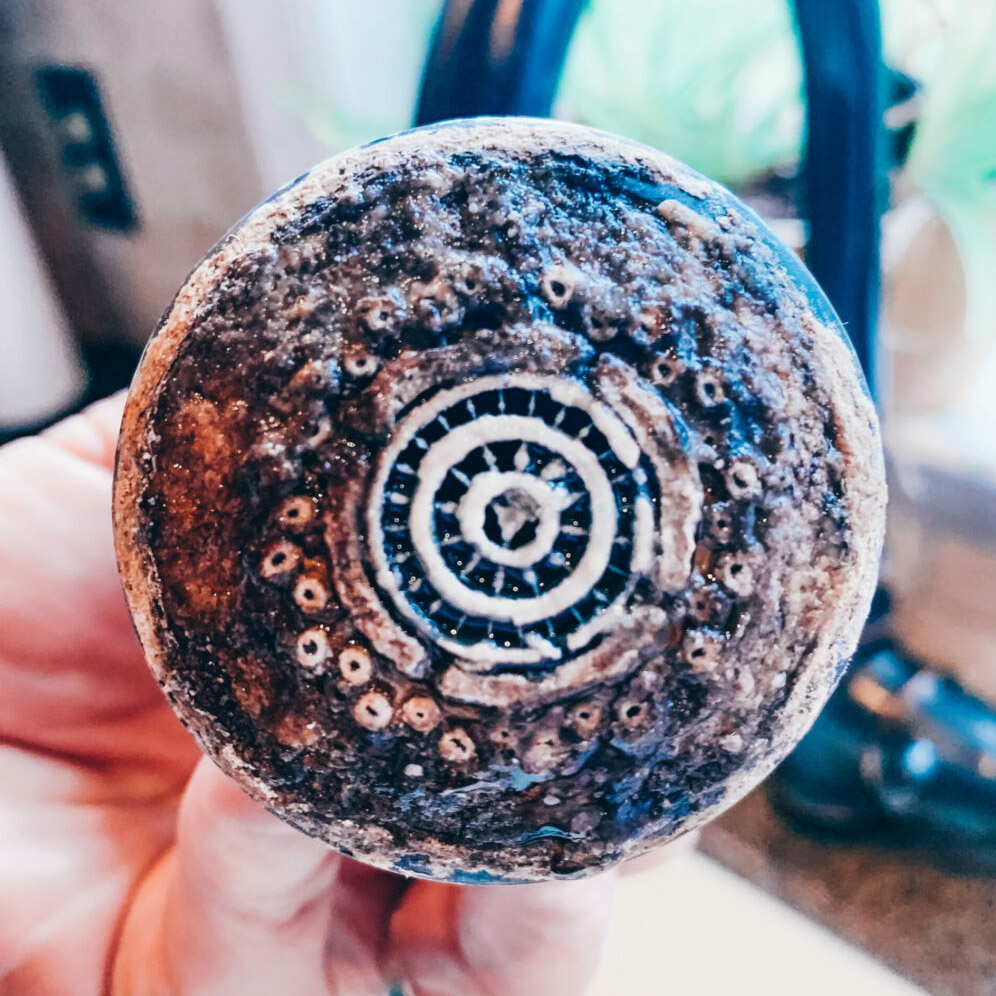
If your dishes or sink are spotted, your hair or skin feels dry after a shower, or your appliances or fixtures wear out faster than expected, you may be asking: how do you know if you have hard water?
Hard water is a common issue in many homes across the United States, especially in regions like Lancaster, Lebanon, Chester, Berks, Dauphin, and York Counties—areas served by HQ Water Solutions. Knowing the signs of hard water can help you protect your plumbing, appliances, and even your personal health.
What Is Hard Water?
Hard water contains high levels of dissolved minerals, mainly calcium and magnesium. These minerals are naturally present in groundwater and accumulate as water moves through soil and rock. Hard water can create serious problems for your plumbing, water-using appliances, and even your skin and hair.

Signs of Hard Water
Here are the most common signs that suggest you might have hard water in your home:
1. Soap Scum and Residue
If you’re constantly scrubbing filmy white deposits from your shower doors, shower heads, faucets, or tubs, you’re likely dealing with soap scum. Hard water reacts with soap to form calcium carbonate, which doesn’t dissolve well. Calcium carbonate scum clings to bathroom surfaces and dishes, leaving a dull film behind.
2. Low Water Pressure
Mineral deposits from hard water can build up inside pipes and reduce water flow. Over time, these deposits constrict pipes and compromise your home’s overall water pressure. If your shower or faucet is trickling instead of streaming, it could be caused by calcium buildup.
3. Dry Skin and Lifeless Hair
Hard water makes it difficult to rinse away soap and shampoo, leaving a residue that strips natural oils. This can lead to dry, itchy skin and dull, frizzy hair. Hard water isn’t just an inconvenience; it can also exacerbate skin conditions like eczema.
4. Spotted or Cloudy Dishes and Glassware
Do you notice white spots on your clean dishes? They are caused by mineral deposits that remain after water evaporates during the drying cycle. Even using a rinse aid won’t eliminate spots caused by hard water.
5. Shortened Appliance Lifespan
Appliances like your water heater, washing machine, and dishwasher are directly affected by hard water. The accumulation of minerals reduces their efficiency and can lead to early breakdowns. Heating elements in water heaters, for example, can become coated in scale, forcing them to work harder and consume more energy.
Some customers across Lancaster County have experienced the following benefits after installing a water softener system:
- 💧 15–20% reduction in water bills due to using less water for laundry, cleaning, and rinsing.
- ⚡ 15–30% lower energy costs by improving water heater performance and reducing scale buildup in pipes and appliances.
- 📉 Up to 40% total utility savings annually, depending on household size and water usage.
- 🧼 Up to 50% less detergent and soap needed, making everyday tasks more efficient and cost-effective.
- 🛠️ Longer-lasting appliances and fewer plumbing issues, saving money on repairs and replacements.
6. Frequent Plumbing Repairs
Hard water can be especially hard on older plumbing systems. Mineral buildup can cause clogs or even pipe corrosion over time, leading to expensive repairs. If you find yourself calling a plumber more often than you’d like, it may not be bad luck—it may be your water quality.
7. Laundry Issues
Washing your clothing in hard water may cause it to feel stiff, look dingy, and wear out faster. Minerals interfere with detergent performance and can even embed into fabric. If your whites are turning gray or your towels feel rough, hard water may be to blame. You also may be spending up to 50% more on detergent than necessary.
How Do You Know If You Have Hard Water? Get Your Water Tested
While signs of hard water are often easy to spot, the most reliable way to know for sure is to have your water tested by a professional. At HQ Water Solutions, we offer water quality testing that measures the hardness level in grains per gallon (gpg) or parts per million (ppm). A reading above 3.5 gpg is typically considered hard.
You may also want to check for other water problems while you’re at it. For example, in some areas of Berks or Chester Counties, residents may have both hard water and high iron content, which compounds staining and buildup issues.
We recommend that homeowners, especially those on well water, schedule a professional test at least once a year, or sooner if you’ve noticed new symptoms or installed new plumbing.
Why Water Hardness Varies by Region
Water hardness levels vary widely across the United States based on the geology of the region. In Pennsylvania, especially in rural and suburban areas, groundwater often contains high mineral concentrations. Even municipal water supplies that go through treatment are likely to carry dissolved minerals.
Lancaster and Chester Counties, in particular, sit atop limestone-rich terrain that naturally contributes to high levels of calcium and magnesium in well water.
Why Addressing Hard Water Matters
While hard water isn’t necessarily dangerous to drink, it can take a toll on your daily life:
- Increased energy bills from overworked water heaters
- Higher repair and maintenance costs
- Reduced efficiency of soaps, shampoos, and detergents
- Skin and hair irritation
- Shorter appliance lifespans
The impact of hard water is cumulative and expensive over time. A water softener system helps prevent these issues by removing or neutralizing the high mineral content before it circulates through your plumbing.
Choosing the Right Water Treatment System
How do you know if you have hard water, and what should you do about it? HQ Water Solutions offers customized solutions, including high-quality water softeners and salt-free systems, based on your water supply and household size.
Unlike generic systems sold online, our recommendations are based on actual data and tailored to your home’s needs. We can help you choose the right solution depending on the number of people in your household, your daily water consumption, and your existing appliances.
Ask us about our work in Lancaster County, where we’ve installed compact water softeners in older homes with limited space, and where we’ve also fitted whole-home systems into large properties with complex plumbing.
Next Steps: Protect Your Home from Hard Water
Don’t wait until your washing machine fails or your water heater clogs up with mineral buildup. If you’ve seen any of the signs above, it’s time to get your water tested.
Contact HQ Water Solutions today to schedule a free water consultation. Whether you live in Lancaster, Lebanon, Chester, Berks, Dauphin, or York County, we’re your trusted partner in water quality.
Let us help you turn your hard water problem into a long-term solution and bring soft water back into your home.
